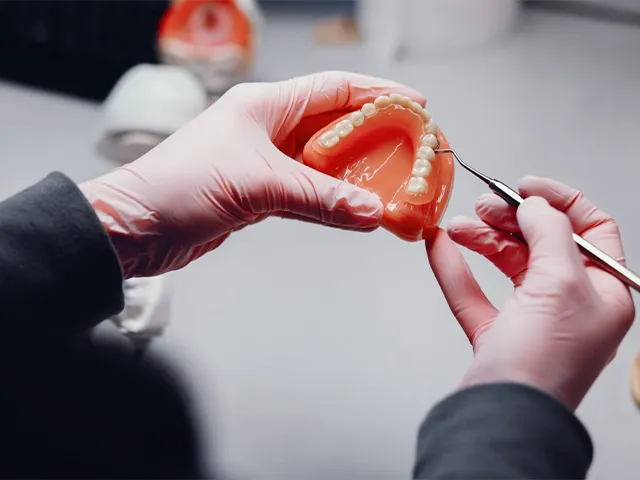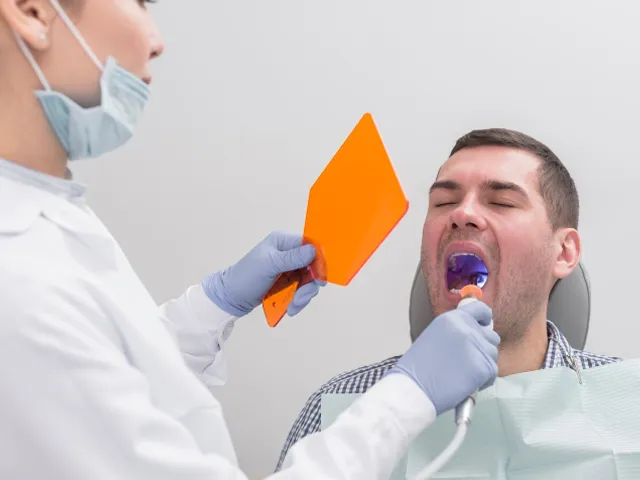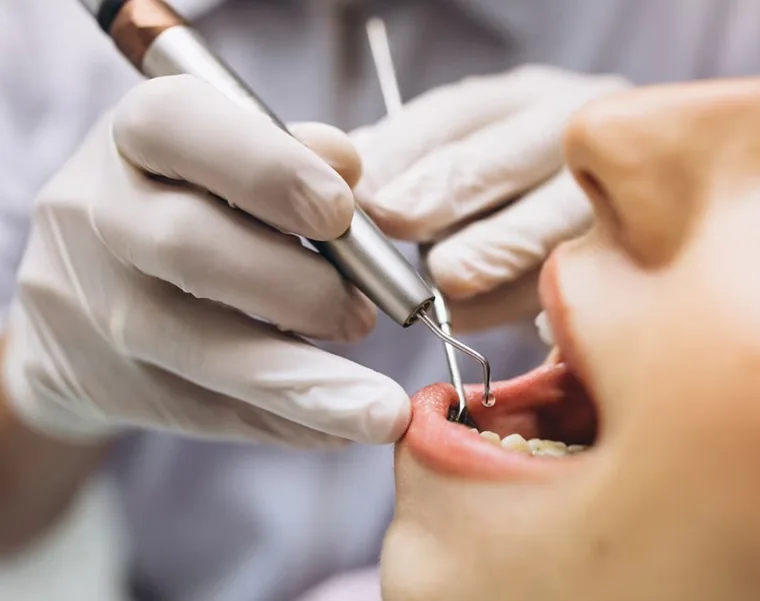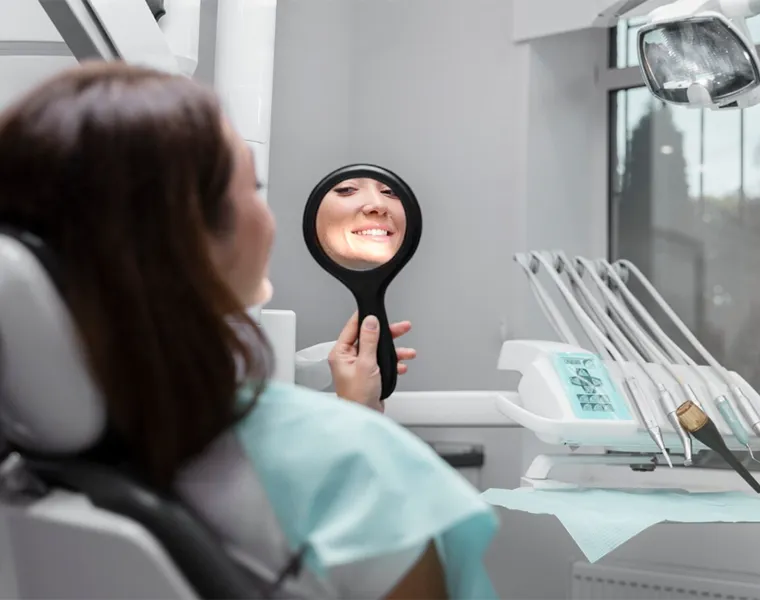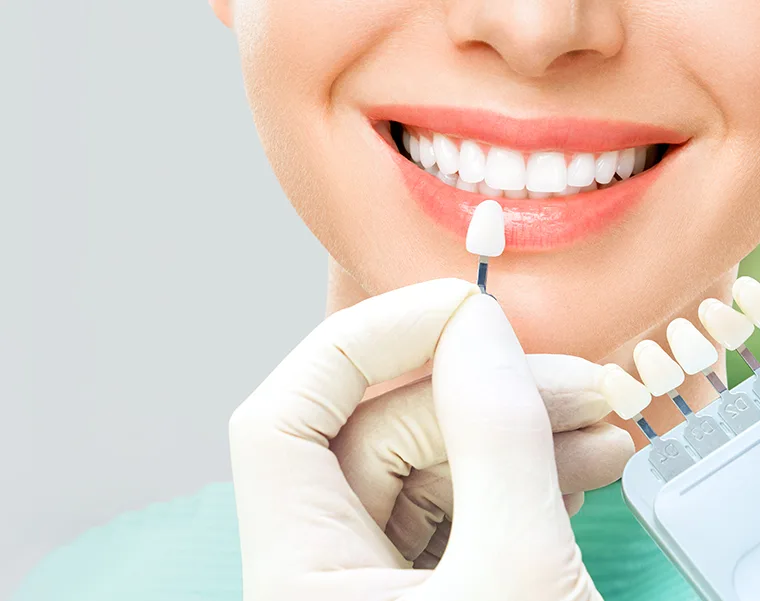Tartar removal is the process of removing hardened plaque on the teeth with special tools. This process is very important for maintaining oral health. Regular cleaning helps prevent gum diseases. It is one of the most effective methods of oral hygiene.
Tartar removal is usually recommended by the dentist every 6 months. This process does not damage tooth enamel and is completely safe. The ultrasonic devices used during cleaning provide an effective result. In addition, the teeth look shiny after the procedure. The cleaning process also helps to reduce bad breath. This method forms the basis for a healthy mouth and teeth structure. Individuals may need more frequent cleaning according to the doctor’s recommendation.
The methods commonly preferred for cleaning tartar can be listed as follows;
How is Tartar Removal Performed?
Scaling is one of the basic steps to protect oral and dental health. Plaque accumulated on the teeth hardens over time to form tartar, which can lead to gum disease and tooth loss. The aim of this process is to get rid of these harmful accumulations and create a healthy oral structure.
The cleaning process begins with the dentist examining the condition of the teeth and gums. Then, the tartar is effectively removed using ultrasonic devices. A detailed study is carried out with manual instruments and any remaining small debris is removed. In the final stage of the procedure, the tooth surface is polished so that the teeth become both brighter and smoother. Fluoride can be applied if necessary. The application details are generally as follows:
Special ultrasonic devices are used to break and remove tartar.

It is very important to pay attention to oral hygiene after scaling. Regular brushing of the teeth, flossing and mouthwashes should be used. In addition, having check-ups and cleanings at the intervals recommended by the dentist helps to protect oral health in the long term.
How Long Does Tartar Removal Take?
Scaling is a practical and usually short procedure performed by a dentist. The duration of the procedure varies depending on the amount of calculus accumulation and gum health. In general, simple cleanings take about 20-30 minutes, while more extensive cleanings can take up to an hour. If there is a serious problem with the gums or deep calculus buildup, the procedure may take more than one session.
During scaling, tartar is first removed with ultrasonic devices. Then, fine details are cleaned with manual tools and the tooth surface is polished. No pain is felt during these procedures, but people with sensitive gums may feel slight discomfort.
The frequency of cleaning is very important to maintain dental health. The question of how often tartar removal is performed is frequently asked and dentists usually recommend cleaning every 6 months. However, this may vary depending on the oral hygiene of individuals. More frequent cleaning contributes to the prevention of gum diseases and the protection of oral health.
Does Tartar Removal Hurt?
Scaling is a procedure that should be performed regularly for a healthy oral structure. However, it is often wondered whether pain or pain will be felt during this procedure. Scaling is usually a painless procedure, but the level of discomfort may vary from person to person. Individuals with sensitive gums may experience mild discomfort during the procedure.
Tartar removal is performed much more comfortably thanks to modern ultrasonic devices used in 2025. These devices break down and remove tartar without damaging the tooth surface. Anesthesia is usually not needed during the cleaning process, but local anesthesia can be applied in individuals with hypersensitivity.
It is also common for some people to ask the question “Is scaling harmful?”. This procedure is extremely beneficial for the health of the teeth and gums and does no harm when performed correctly. On the contrary, regular cleaning prevents gingivitis and reduces the risk of tooth loss. For a healthy oral structure, this procedure should be performed by specialist physicians for the recommended periods.
What Should You Do After Tartar Removal?
Some important points should be considered to protect oral health after scaling. Teeth and gums may become sensitive during the cleaning process, so the first few hours are very important.
It is recommended to wait at least 1-2 hours to eat after scaling. This time allows the polishing process applied to the tooth surface to be effective. Avoiding hot, cold or hard foods during the first meals prevents the formation of sensitivity. Also, soft and easily chewable foods should be preferred after the procedure.
The question “Can you eat after scaling?” is frequently asked. Not eating immediately after the procedure would be a more correct approach to protect oral health. Avoiding acidic and sugary foods on the first day helps to protect tooth enamel. It is also very important to continue regular oral care to prevent tartar formation. Cleaning should be supported with daily tooth brushing, flossing and mouthwashes recommended by the dentist.
Tartar Removal Price 2025
Scaling prices may vary depending on the clinic where the procedure is performed, the technology used and the oral health status of the patient. The scope of the procedure, the amount of calculus accumulation and additional treatments recommended by the dentist are among the factors that may affect the price.
In 2025, it is not possible to give a clear figure on scaling prices. It can be said that the fees determined for the procedure vary regionally and clinic-specific. Pricing policies may differ in private clinics and state-sponsored health centers. In addition, the quality of the materials used during the procedure and other applications performed during the dentist’s examination may also affect the cost.
It is important for those who want to receive scaling services to contact their preferred dental clinic to get accurate and up-to-date information. A detailed examination and interview before the application will help to get a clear idea about the cost of the procedure. Regular cleaning for a healthy oral structure provides great benefits in the long term.


